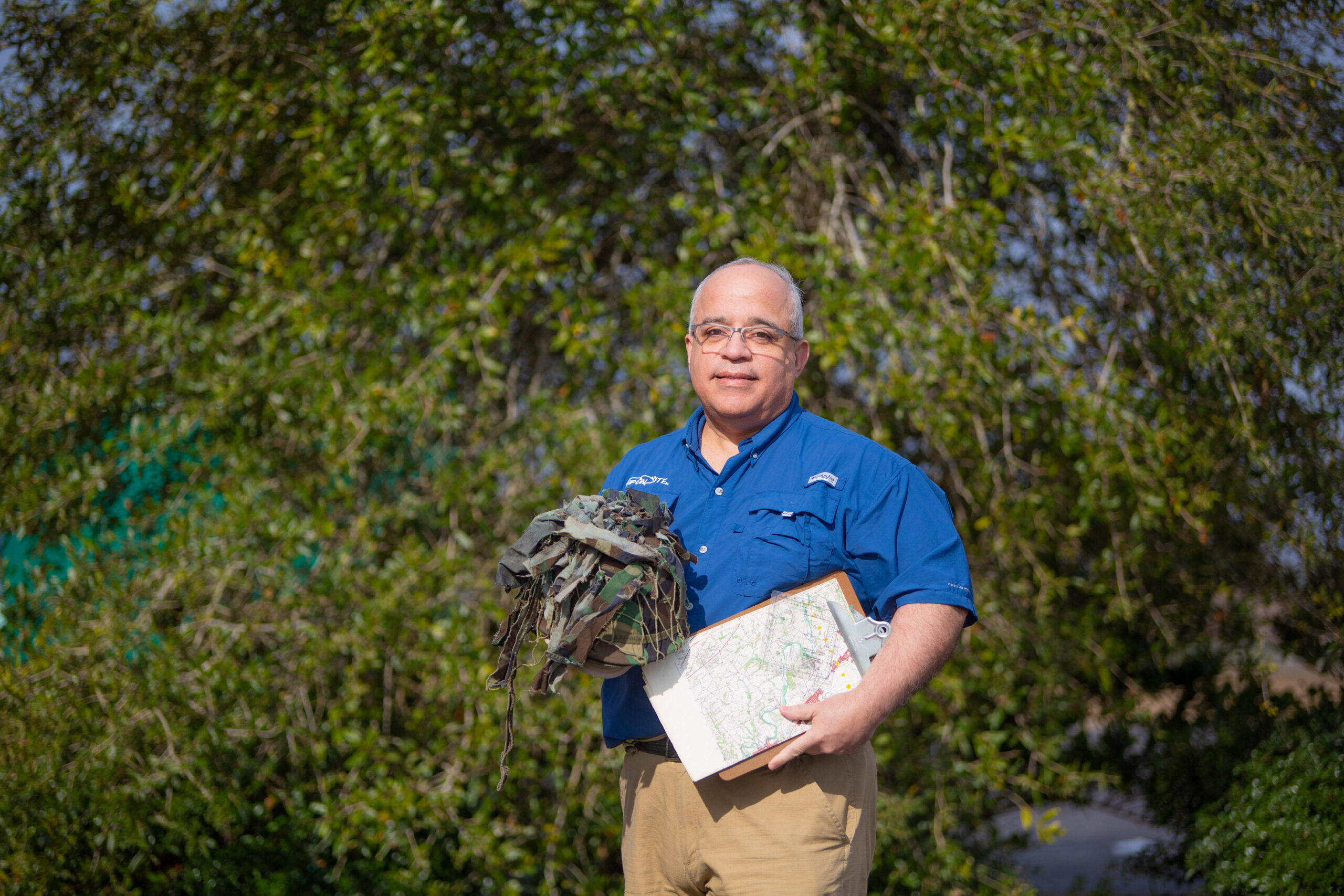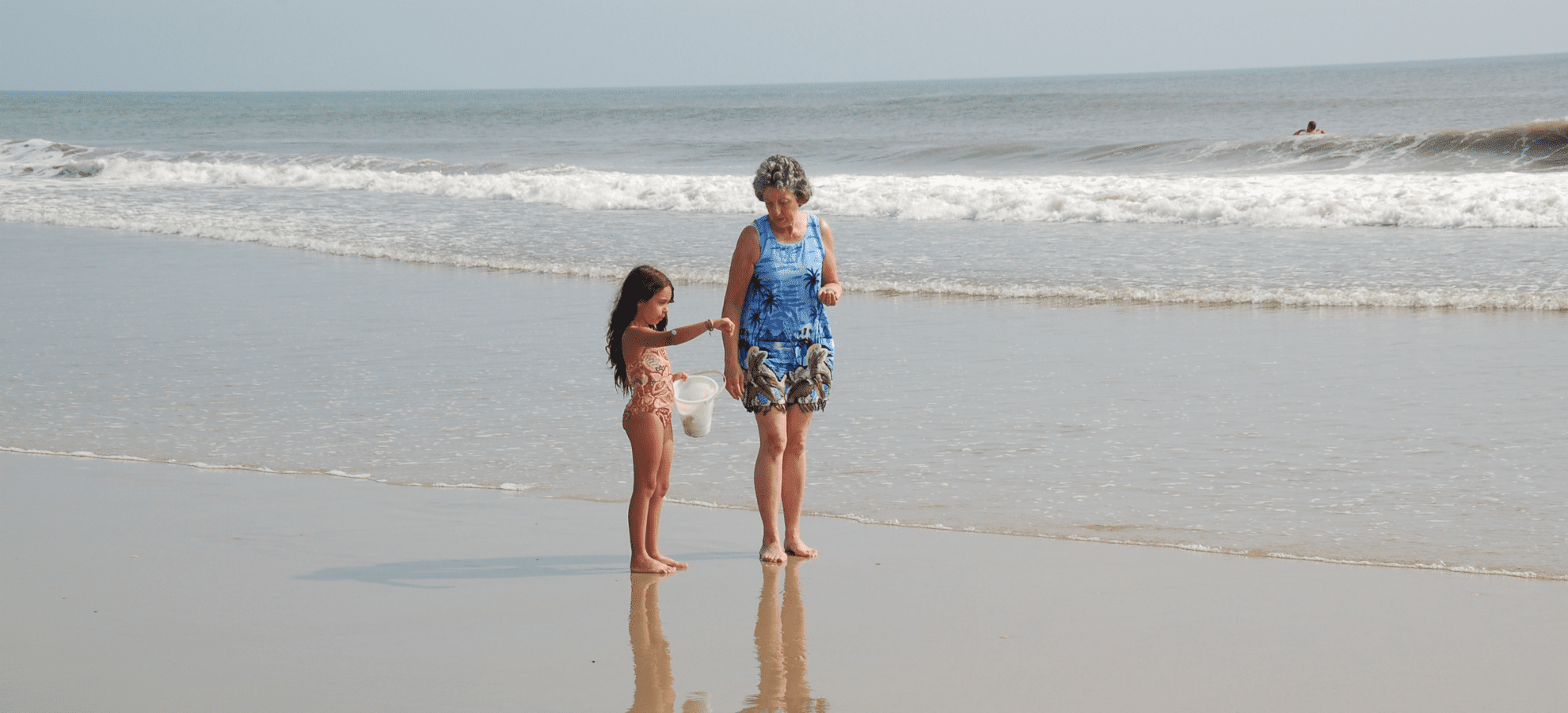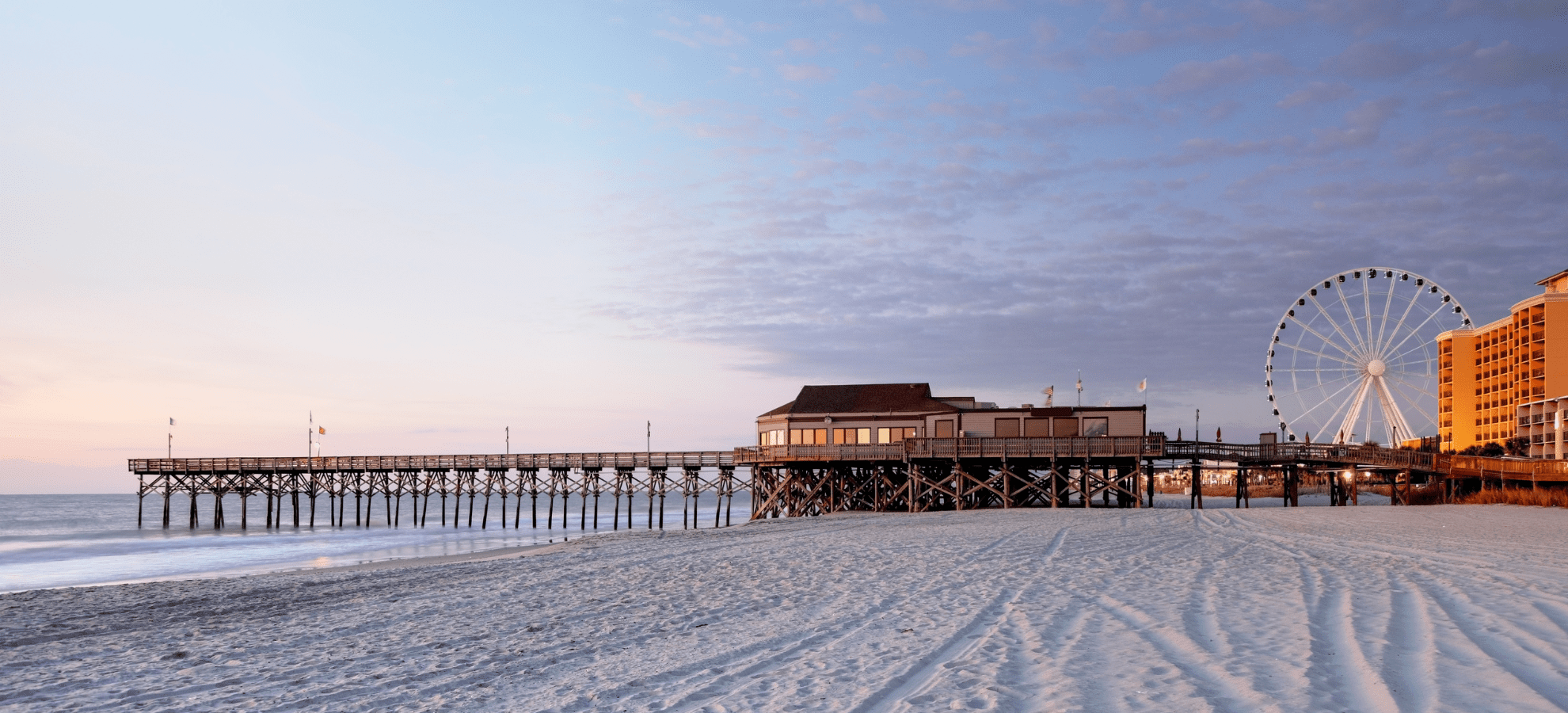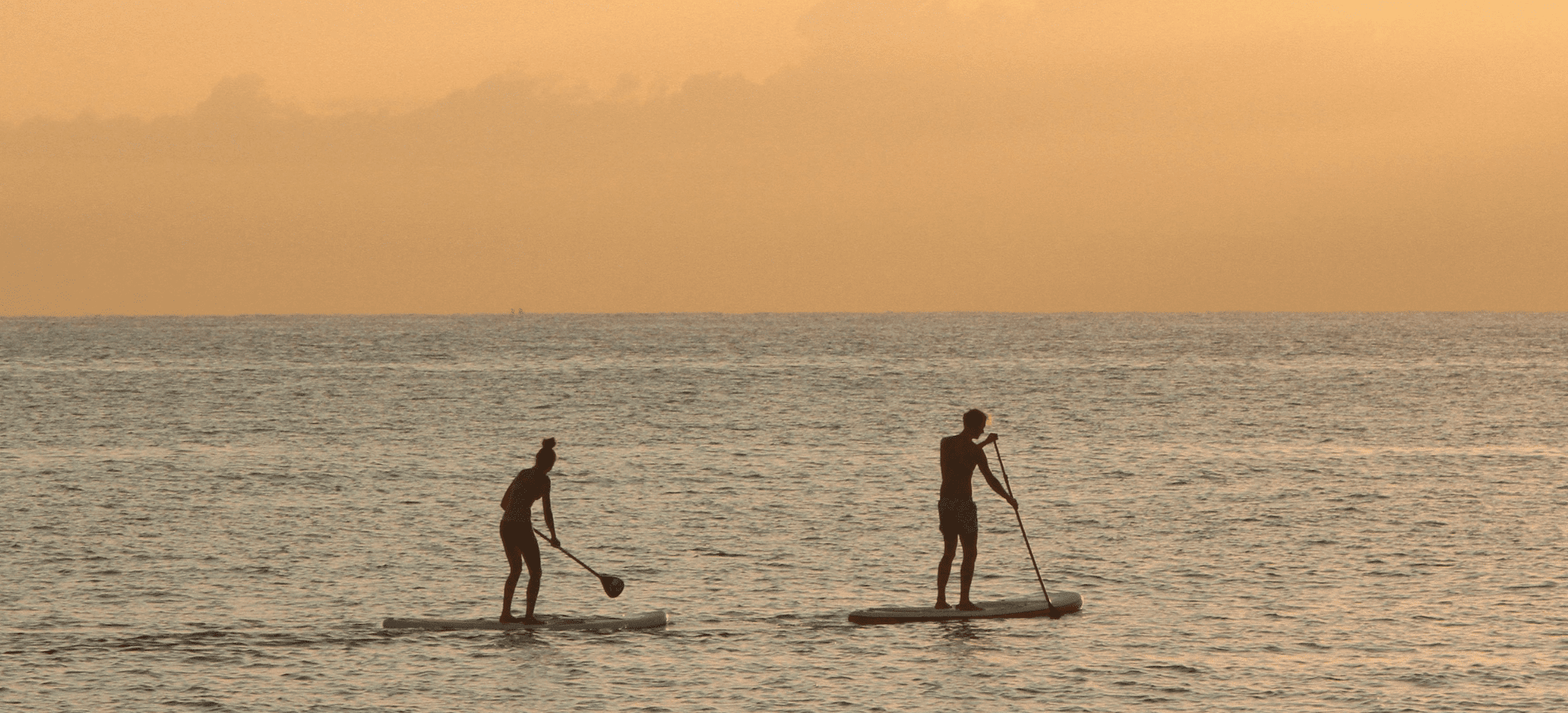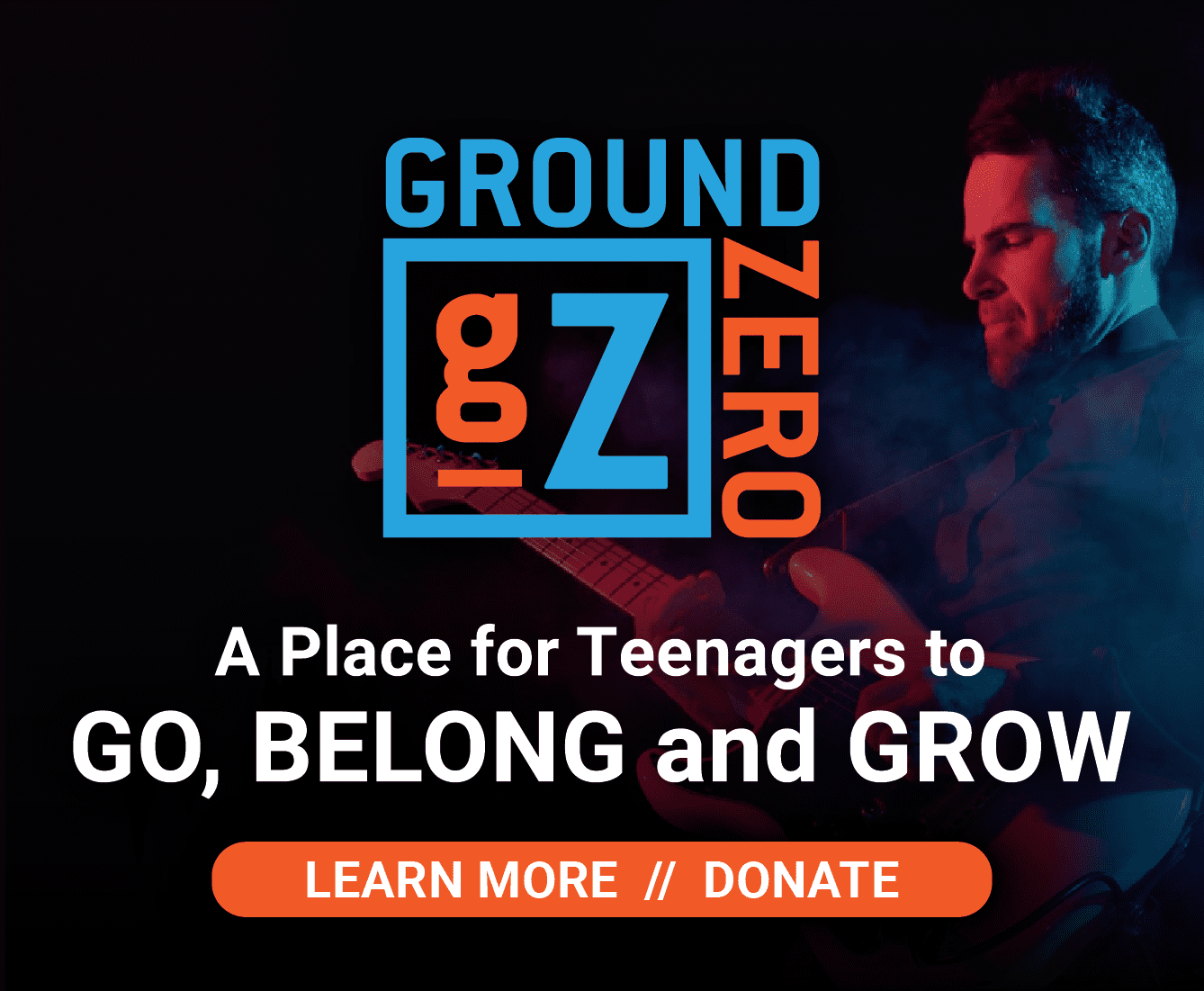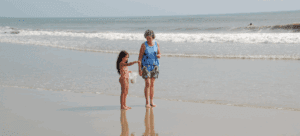U.S. Army Veteran,
Small Business Owner, Humanitarian
Celebrate Our Veteran gives voice to the stories of the U.S. military veterans living amongst us. The actions of these brave and dedicated people, who have served our country both in active military duty as well as administrative positions, have and continue to contribute to the protection and preservation of us and our country.
We hope that this section of our paper is an opportunity for our community to hear and see veterans with new eyes, and for veterans to receive recognition and honor for their experiences and life journeys.
This month’s Celebrate Our Veteran recounts the story of Frank Espinal, as told in his own words. Click here to read Part 2.
by Melissa LaScaleia
My heritage is Puerto Rican, and I was born in a small town in southeastern Pennsylvania in 1965. My mother raised me and my three siblings alone; we were a poor family. I was a motivated student in high school, but I just didn’t have the familial or financial support to go to college at that time, so I did what I thought would work for me and my future and joined the U.S. Army in 1982.
I completed my basic training at Fort Jackson, then was stationed at Fort Hood, Texas for the next four years. The first units I served in had deployments to Panama, Honduras, and Grenada. My ability to speak the Spanish language was an asset to those deployments. I had a top secret security clearance, and worked with different units within the military in a supporting role. After four years of active duty, I served for sixteen more years in the Army National Guard and U.S. Army Reserves.
When you’re in combat arms, you’re trained to kill. It’s not easy to talk about. It’s not a glorious life, it’s serving your country.
Elements of my unit were deployed to Grenada when the U.S. invaded in 1983 to overthrow the dictatorial Marxist government. Years later, that small Caribbean country reemerged in my life when I was deployed to help with the reconstruction and building of schools.
The U.S. invasion of Panama, called Operation Just Cause, happened at the end of 1989 to depose the dictatorial leadership. During this time, I was in the Army Reserves, and I was deployed to help with rebuilding parts of the country after the successful overthrow.
In Panama we were able to take some of the old barracks that were damaged during the invasion and convert them into a hospital which we turned over to the Panamanian people. This was about the same time that the U.S. government relinquished the Canal to Panama and turned over military bases to the Panamanian people as well.
The work we did came in the form of financial aid to these countries. But it’s not so much about writing a check as it is building infrastructure. I worked with combat engineers; we had a role in reconstructing buildings that were destroyed during the invasions. There was also a highway system being built between the Americas that connects North and South; we helped to build those roads.
In the jungles of Panama, I would come across old Spanish forts over 500 years old; the jungle had literally overtaken them. I realized that I was sitting on a piece of history— and I reflected on where we’ve come from since then—that I’m there today, helping these people to rebuild a country that was being ruled by a dictator. And I could see the affect that that government had on these people. They were so appreciative of everything we did for them. It’s those experiences that made me into a humanitarian.
Then, during Operation Desert Shield and Desert Storm in 1991, I was called back into active duty. At this time I was an E6 staff sergeant in the U.S. Army. My unit was deployed to Iraq for nine months and I worked with combat engineers to maintain security on a supply route from Kuwait to Iraq and rebuild the road if it were damaged or destroyed by enemy fire.
When you’re out in the desert, you’re traveling by compass, and a lot of times you have to travel at night. Land navigation is so important in military operations, and I consider myself an expert in it. I’ve had situations where I had to find people who were lost in the desert, and you’re doing that in the dark, as quietly as possible.
To be continued…






